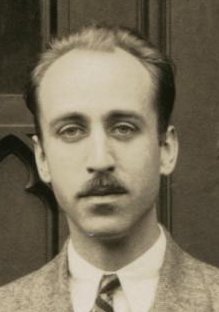Linear algebra#
A good physical theory comes with a precise mathematical scaffolding that contains just enough structure – no more and no less – needed to describe all possible experiments.
As we have argued in the previous chapter, decribing quantum states seems to involve vectors with complex components which can be added together to form other quantum states. This is the province of linear algebra. The goal of this section is to describe the linear algebra of Hilbert spaces, a particular “vector spavce” with complex-valued vectors that contains precisely what we need to do quantum mechanics.
This language makes quantum mechanics both easier and more difficult than classical mechanics. On the one hand, the dynamical equations are linear and there is a simple linear structure to the s[ace of possilble physical states. In classical mechanics the equations of motion can be nonlinear and the space of states can have a very complex, curved geometry for which points are not well-represented by vectors. On the other hand, the description of physics states in terms of fairly abstract-seeming vectors is abstract and confusing. Hopefully it will become at least less confusing as the year goes on.
